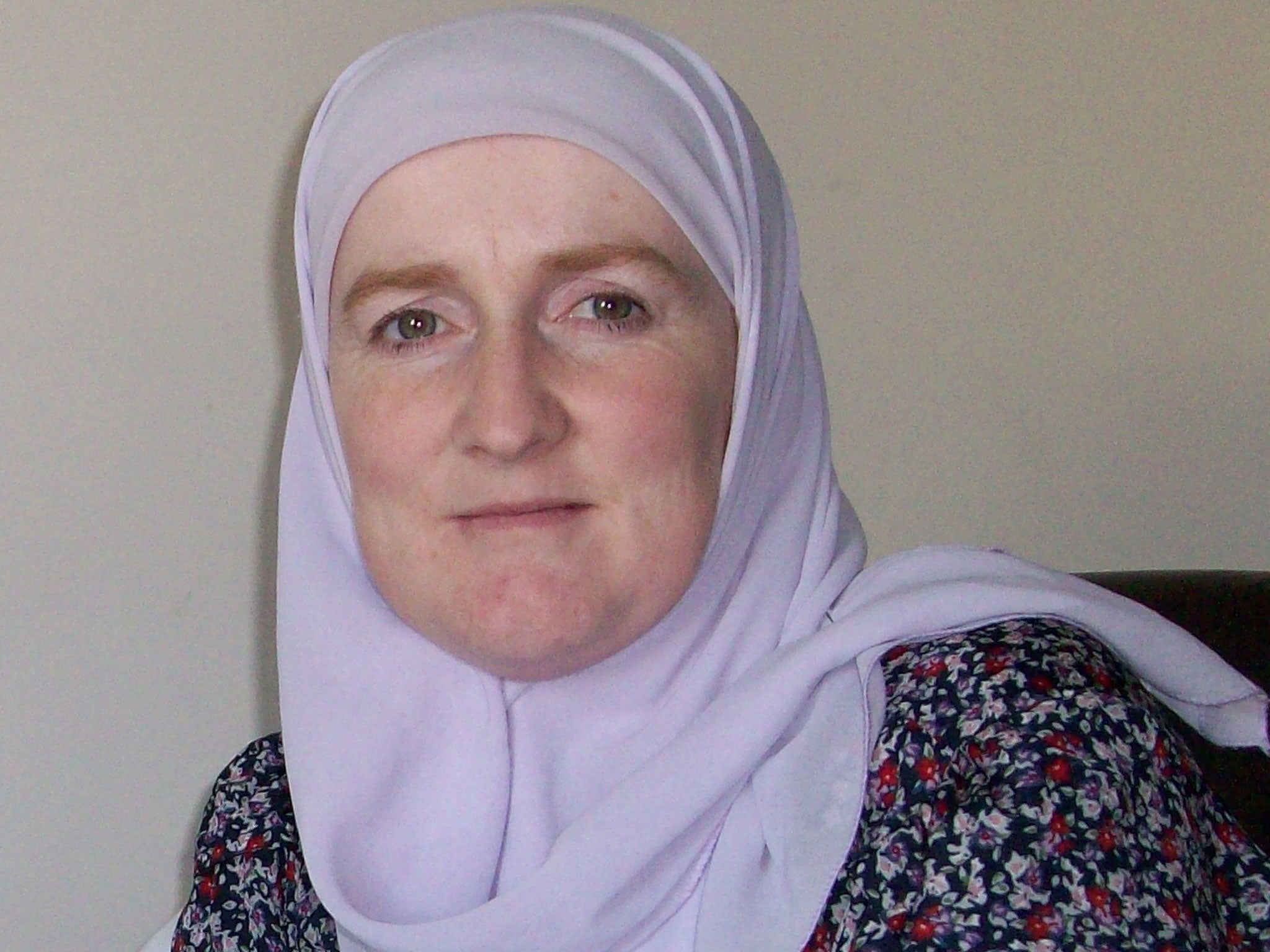Imams to preach against grooming of girls for sex
Convictions of Muslims for child abuse prompt co-ordinated response from nation’s mosques

Your support helps us to tell the story
This election is still a dead heat, according to most polls. In a fight with such wafer-thin margins, we need reporters on the ground talking to the people Trump and Harris are courting. Your support allows us to keep sending journalists to the story.
The Independent is trusted by 27 million Americans from across the entire political spectrum every month. Unlike many other quality news outlets, we choose not to lock you out of our reporting and analysis with paywalls. But quality journalism must still be paid for.
Help us keep bring these critical stories to light. Your support makes all the difference.
Imams across Britain will give simultaneous sermons condemning sexual grooming next month, as part of a grass-roots Muslim campaign to tackle the problem of abuse.
The co-ordinated event on 28 June will follow a conference organised by the Muslim Council of Britain (MCB) to discuss ways of preventing further cases of abuse after seven men – all Muslim – were convicted this week for the grooming and sex trafficking of girls as young as 11 in Oxford. The case is one of several in recent years in which gangs of men, predominantly from a Pakistani Muslim background, have groomed young girls for sex.
Julie Siddiqi, executive director of the Islamic Society of Britain, was one of the first Muslim figures to speak out on the issue. She said that although children were exploited in all communities, “the number of street-grooming convictions in the past few years involving Omars, Ahmeds and Faisals means the time has come for action.”
Ms Siddiqi, 41, told The Independent yesterday she regretted that she and others had not spoken sooner. “I assumed other people were dealing with it more than they perhaps were,” she added. “I’m not sure the Muslim community’s response has been good enough. The MCB need to accept that they haven’t done enough.”
Last week Ms Siddiqi, who converted to Islam in 1995, helped launch the Community Alliance Against Sexual Exploitation. The group aims to ensure that the subject is not hijacked by far-right groups. Ms Siddiqi said: “The BNP and the EDL have been campaigning on this issue for the last two years. They’ve been saying openly ‘look at these horrible Muslims and what they do to our white girls.’ The most dangerous thing is for us to allow a vacuum to be created so their voice fills it.”
She continued: “But if there are patterns emerging – and I think there are – of people from a certain background engaging in this type of activity, then that can’t be ignored either. I’m not saying all Pakistani men are prone to this, or Islam says that; of course that’s nonsense. But if we ignore these patterns we’re going to do an injustice against the victims.”
Another campaigner, Amsar Ali, 50, co-founded a Facebook group this month called Together Against Grooming, to co-ordinate Muslim efforts against sex gangs. He said: “We’re asking [mosques] to devote their khutba [sermon] to this issue on the last Friday in June.”
A separate MCB conference, on 20 June, will include speakers from child protection and the police. It will be attended by senior Muslim clerics from around the country. A spokeswoman for the MCB said: “All communities should be tackling this and we’re doing our part to address this.”
Ms Siddiqi said that her gender had made some senior Muslim figures uncomfortable about her speaking out. “I think possibly some of the men in the community are finding it harder because I’m a woman, regardless of whether I’m white or not. But once people have got over the fact that we’re talking about this in an open way, maybe they also feel that I have a role to play because of my background because I can maybe understand aspects of this differently to others.”
She thinks the male dominance at the top of many Muslim organisations may have contributed to the silence on grooming. “Our community structures are too male-heavy, there’s no doubt about that”, she said. “People need to realise why that’s not helpful.”
Subscribe to Independent Premium to bookmark this article
Want to bookmark your favourite articles and stories to read or reference later? Start your Independent Premium subscription today.
Join our commenting forum
Join thought-provoking conversations, follow other Independent readers and see their replies
Comments